Last Updated: 05/05/2025
Kitten Care for Beginners
Have you just bought a kitten and wondering what is next? Check out all you need to know about taking care of their health needs from our vet team.
Author: Dr Carla Paszkowski BVSc (Hons)
Reading Time: 9 minutes - short read
"What greater gift than the love of a cat?" - Charles Dickens
Kittens make wonderful pets - but to fully enjoy all the purry, playful kitten fun, it's important to do your research and understand the essentials. To give your kitten the best start in life and ensure they settle in smoothly, take a read of our handy guide.
For a full summary including information on desexing, vaccinations, nutrtition, worming, and more, see our Complete New Kitten Guide.
Need supplies for a new kitten?
Check out our Better Kitten Bundle - a complete vet-approved kitten essentials pack, designed to help tick off your 'new kitten checklist'. It contains parasite prevention, toys, a scratcher, treats, litter, food vouchers, and more!
Filled with over $185 worth of products, our discounted price ($49.95) makes for incredible value. You couldn't ask for a more 'purrfect' welcome pack for a new kitten!
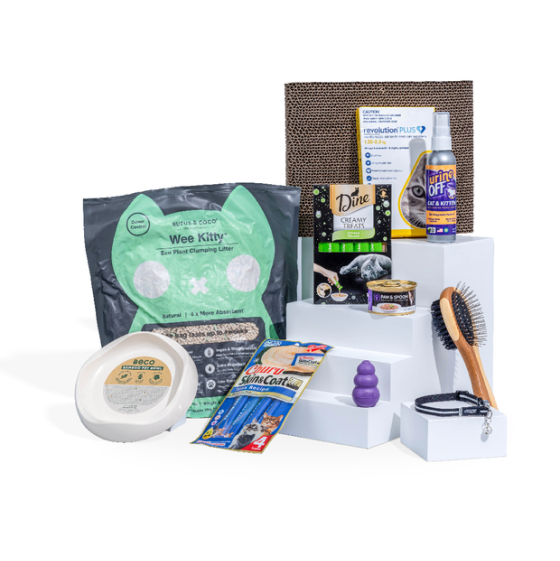
1. Vet Check
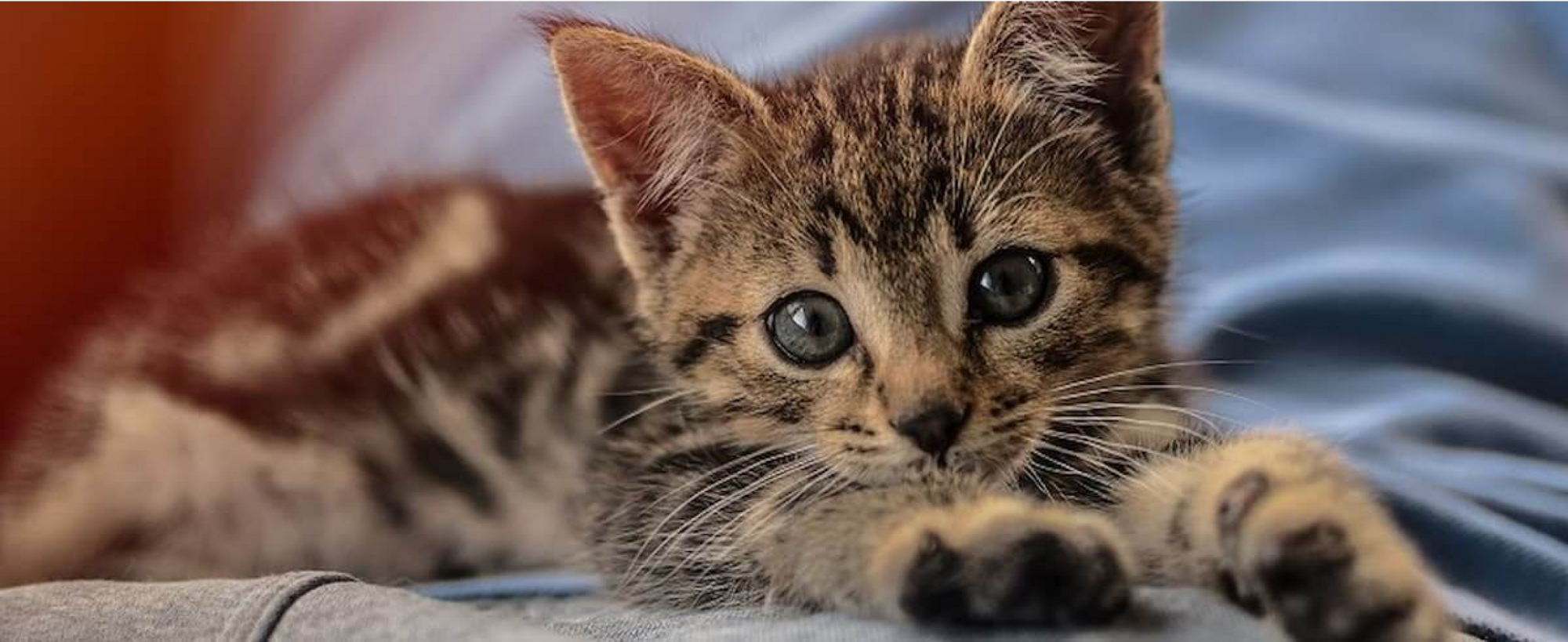
It's important that your new kitten has a check up with a vet soon after you bring them home. Your kitten will have a thorough examination and your vet will discuss vaccinations, parasite prevention, desexing and an appropriate diet. Choose a veterinary clinic close to your home with opening hours that coincide with your schedule. Many clinics have extended opening hours in the evenings and weekends. Also, ask your vet if they offer an after-hours service or if they refer to an emergency clinic, just in case you need assistance out of hours.
2. Intestinal Worming
- Every 2 weeks until 12 weeks of age, then
- Monthly until 6 months of age, then
- Every 3 months for life
What is the best wormer for a kitten? Your kitten should already have started a worming protocol by the breeder or shelter, but it's a good idea to check which product was used and the date it was last given. This will ensure your kitten is always protected. Our top recommendations for broad-spectrum wormers for kittens include Drontal, Milbemax, and Milpro.
Treats and controls all the major intestinal worms including roundworm, hookworm and tapeworm. Does not prevent heartworm.
Treats and controls all major intestinal worms including roundworms, hookworms and tapeworm. Also prevents heartworm if continued on a monthly basis in adult cats.
Treats and controls all major intestinal worms including roundworms, hookworms and tapeworm, in a palatable liver flavoured tablet. Does not prevent heartworm.
Treats and controls all major intestinal worms including roundworms, hookworm, tapeworm and lungworm. Easy to administer spot-on treatment.
Read more about kitten worming in our Complete New Kitten Guide.
~ Back to Top ~
Flea and Tick Prevention

If your kitten is going to be an outdoor cat and you're in a tick area (including the Eastern coastline of Australia), you will need to provide tick prevention for your kitty. The most effective tick preventatives for cats are Bravecto which protects against fleas and ticks, and both Bravecto Plus and Revolution Plus, which protect against fleas, ticks, worms, and heartworm.
Read more about which Flea and Tick prevention you need in our article What is the Best Flea and Tick Prevention for Cats?.
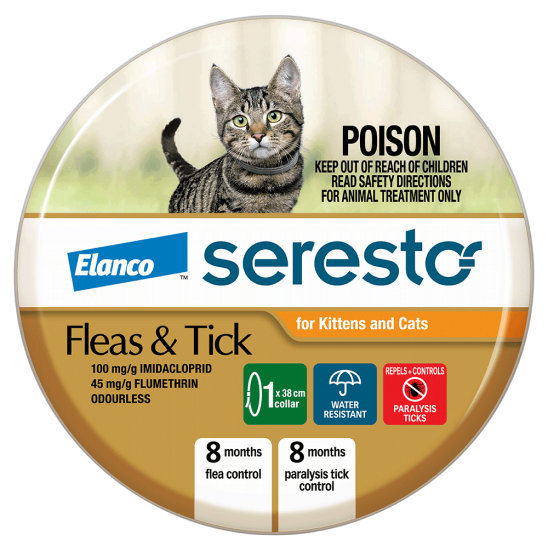
~ Back to Top ~
Heartworm Prevention
Many combination products for cats also include protection from heartworm, such as Advocate, Bravecto Plus, and Revolution. All of these are spot-on (topical) treatments. If you prefer to give an oral tablet, or if you are already giving a separate flea and tick preventative such as Bravecto, you might like to go for Milbemax, which is an easy-to-give mini pill.
Read more about which worming you need in our other article Cat Guide to Flea, Worming, and Heartworm.
~ Back to Top ~
Microchipping
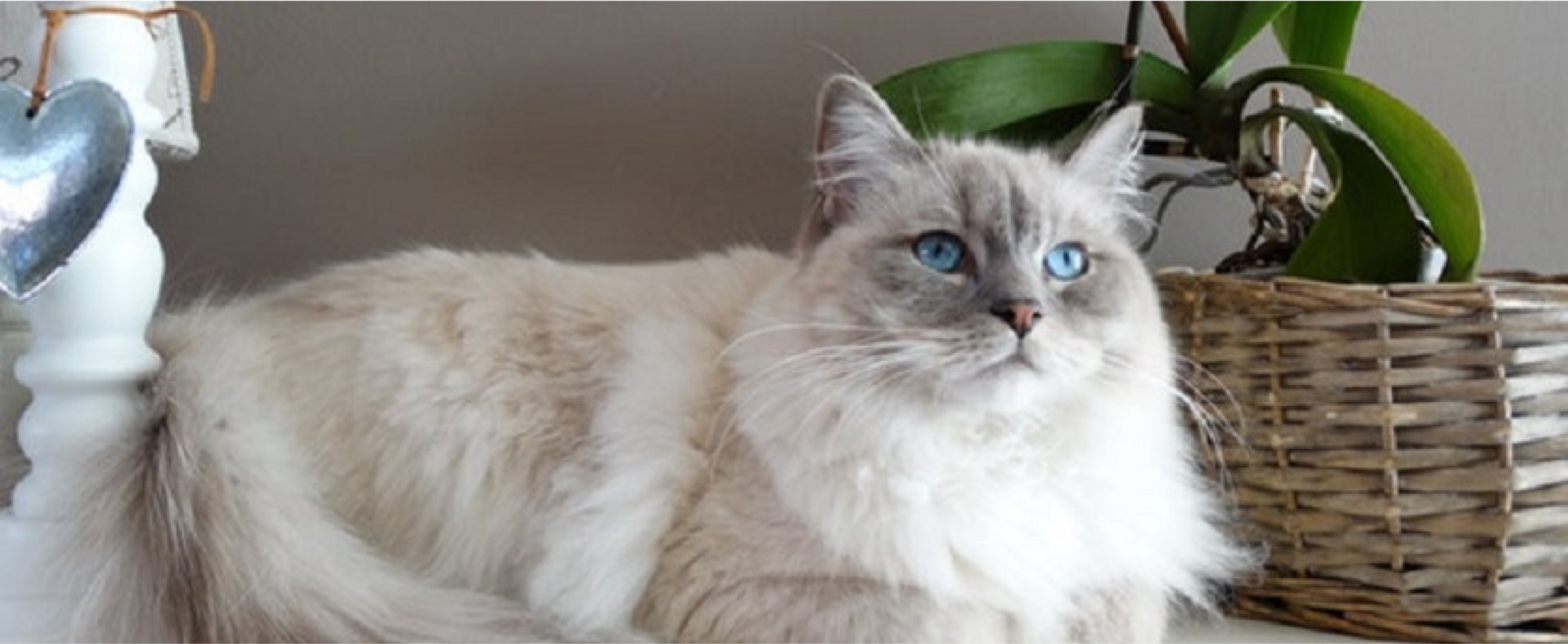
Under the Companion Animal Act 1998, kittens require microchipping prior to sale or transfer and by 12 weeks of age. Therefore, your kitten is likely already microchipped by the time you adopt them, as it is a legal requirement. It's important to note that your microchip details do not update automatically, so always remember to update the contact details with the microchipping registry and register them with your local council.
~ Back to Top ~
Desexing
Desexing is a common procedure that has several life changing benefits including preventing unwanted litters, a friendlier demeanour, less fighting and prevention of certain diseases such as uterine infection and mammary cancer. The age at which desexing occurs differs depending on who you speak to, and there is no wrong opinion. Some veterinarians advocate earlier desexing at 4 months of age, while other veterinarians recommend desexing at around 6 months of age. Your vet will check your pet over and give you their recommendation.
Not sure about desexing, or nervous to put your kitten under anaesthesia? Read Everything You Need to Know About Desexing.
~ Back to Top ~
Vaccinations
Your kitten will need to be vaccinated against Herpesvirus, Calicivirus and Panleukopaenia virus which are considered the "core" kitten vaccinations. Feline Immunodeficiency Virus (FIV) and Feline Leukaemia Virus (FeLV) are two other viruses that your kitten may require vaccination against, particularly if they are outdoor cats or in high-risk homes such as multi-cat households. Your vet will advise you on what your kitten needs at their first check-up.
Your kitten has probably already had at least one vaccination at the breeder or shelter, and will require two further kitten boosters to be protected. Check with your vet when your kitten is due for their booster vaccinations. After the initial kitten injections, your cat will receive a booster vaccination at approximately 12 months of age and then annually for life.
~ Back to Top ~
Catify Your Home
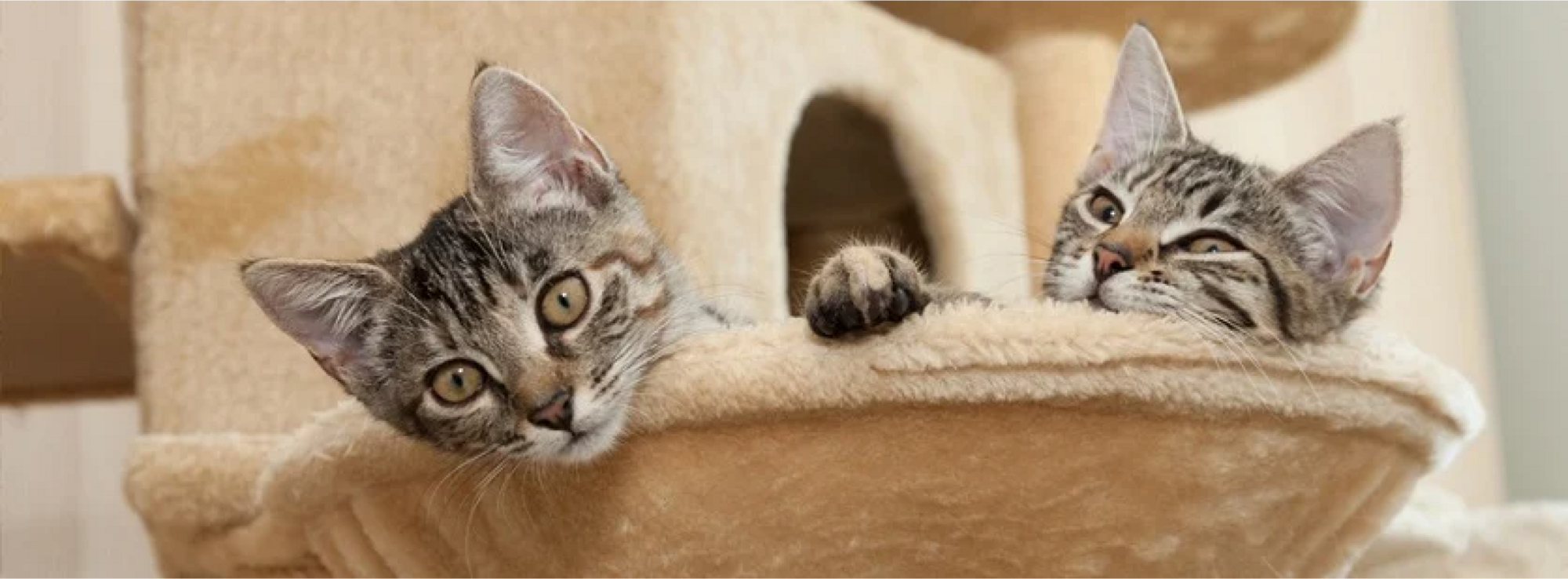
When you first bring your kitten home, it's important to remember that they will feel scared and lonely as they are no longer with their mother and siblings. They may cry during the night for the first few nights while they adjust to their new home. Cat-ifying your home will help your new kitten adjust to their environment and reduce stress. So what does catify mean?
'Catify' with a Safe Haven. To begin with, try and limit your kitten's access to a few rooms in the house and have all their essentials close-by so your kitten doesn't need to venture too far. Within one of these rooms create a safe haven where they can hide, rest, play, eat and use the litter tray comfortably.
'Catify' with Vertical Space. Don't worry if you only have a small area, as cats prefer to survey their kingdom from a height! You can extend your cat's territory vertically with levels, shelving, and cat furniture. Cat furniture such as The Catsentials range are purrfect for cats, combining hidey holes, cosy caverns and elevated retreats all-in-one. Igloo-style beds are also a great option, providing a warm comfy area to sleep as well as the comfort of a shelter.
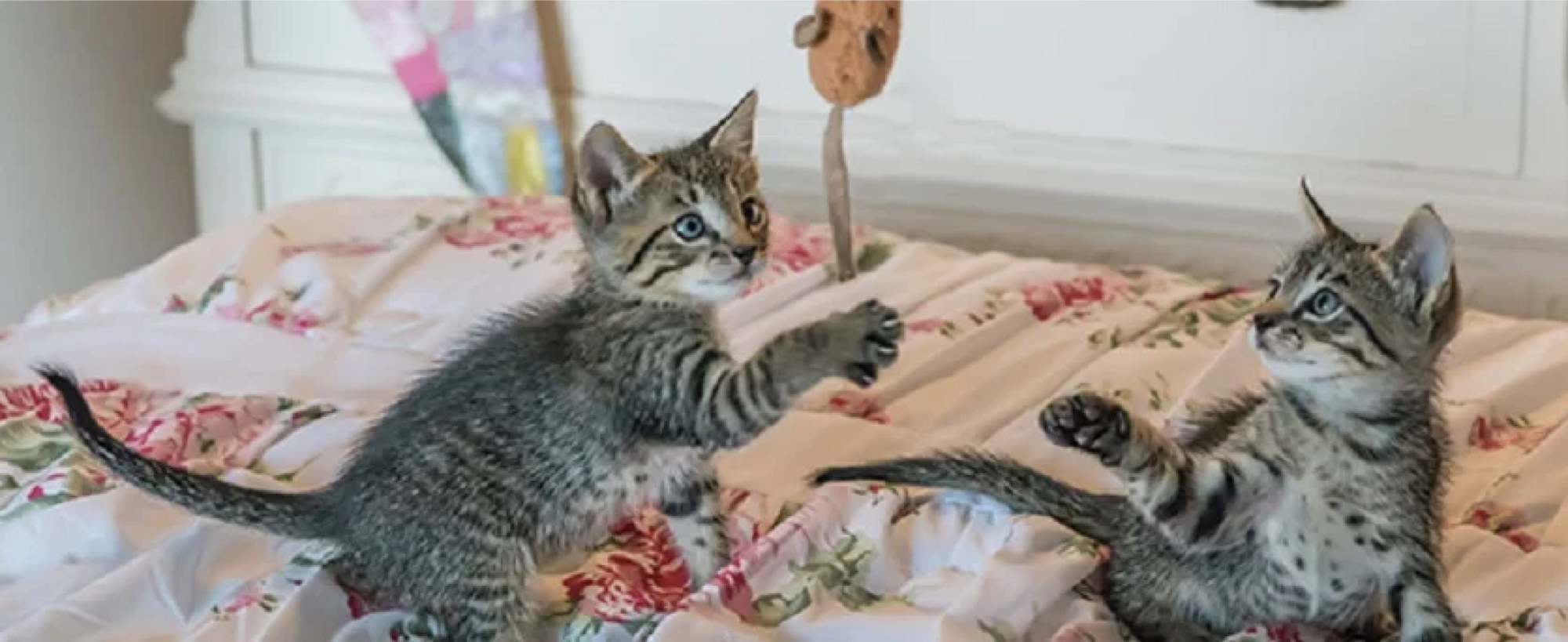
Catify with plenty of Toys. Provide mental stimulation and enrichment through interactive toys, games and scratchers which help your kitten to learn and demonstrate normal behaviour. Remember to always handle kittens gently and supervise children when they are playing with them. If you are introducing your new kitten to other cats in the household, have a read of our Introducing Two Cats Guide, to help reduce any conflict and stress between the soon-to-be playmates.
Read more about home adjustments in our article How To Catify Your Home.
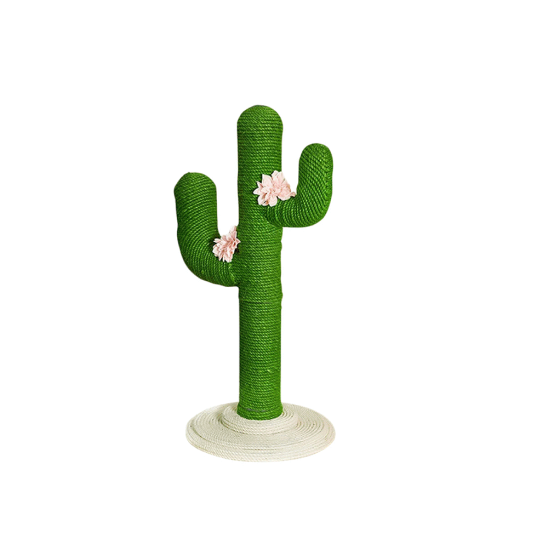
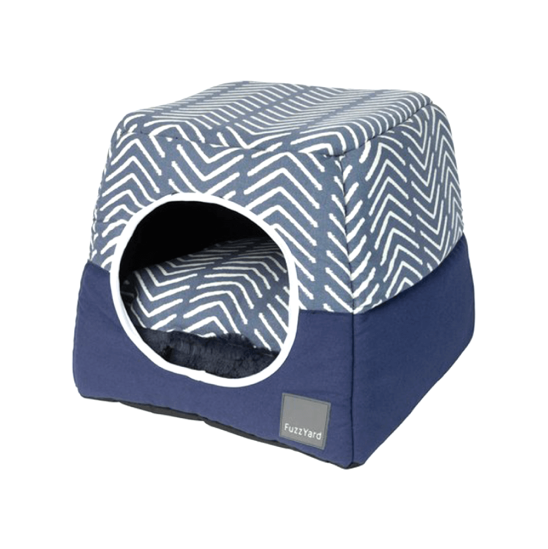
~ Back to Top ~
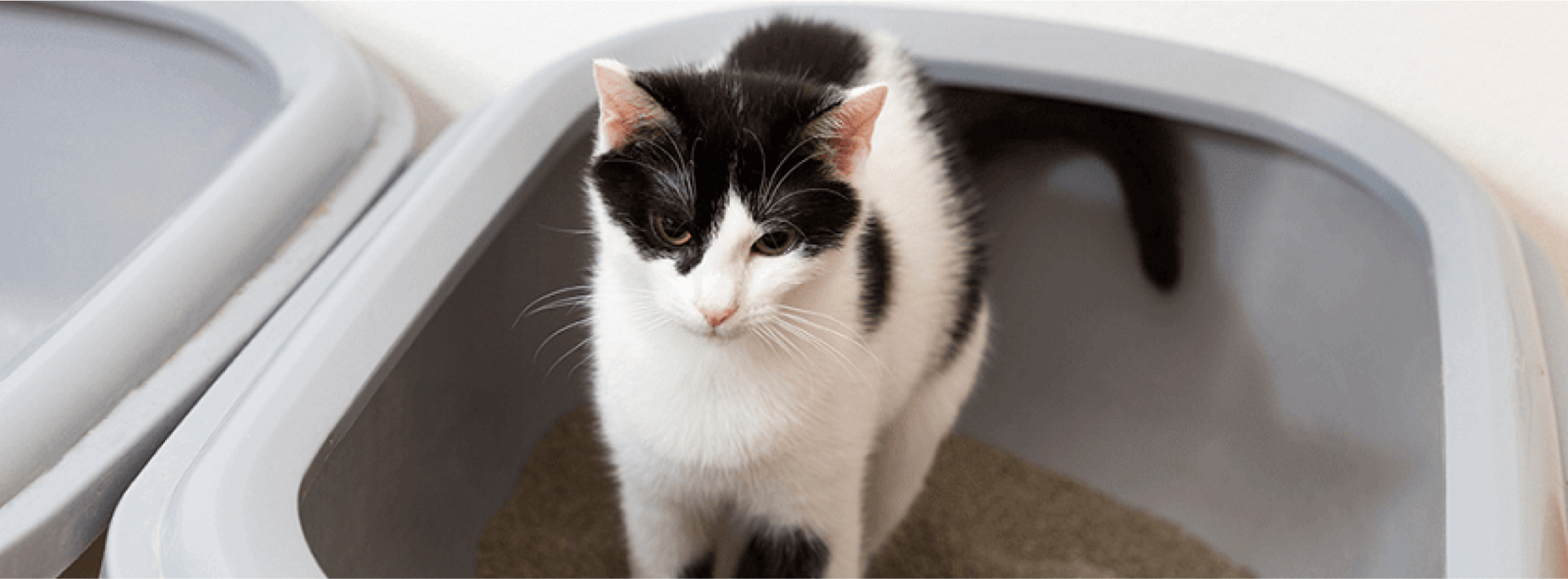
Top Litter Products for Kittens

In a 1 cat household - 1 + 1 = 2 litter trays

In a 2 cat household - 2 + 1 = 3 litter trays
Gently place your kitten in the litter tray at opportune times; such as when they first wake up from a nap, after eating and after playtime. It is normal for your kitty to have accidents outside the litter tray while they are learning. Be sure to clean up any mishaps with an enzymatic cleaner, to discourage them from toileting in the same location again. Once they have used the litter tray, it's a good idea to clean the tray promptly as kittens are much more likely to use it if it's clean.
For more information, see our articles on Toilet Training Your Kitten and Which Cat Litter is Best?
This plant based litter is 100% biodegradable and can be flushed down the toilet or used in the garden as a beneficial compost and garden mulch.
Made from recycled paper, this cat litter is light, cost effective and highly absorbent.
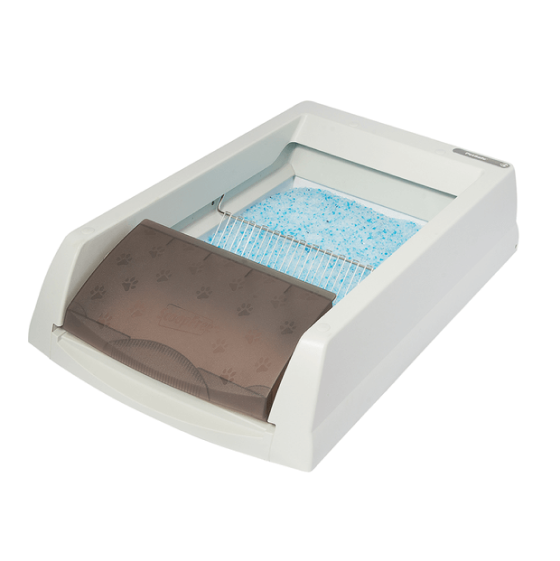
The Scoop Free Litter Tray detects when it has been used and cleans itself up automatically.
This handy covered litter tray will keep your kitty's smells in, and fits neatly into a corner to maximise space.
~ Back to Top ~
Kitten Food
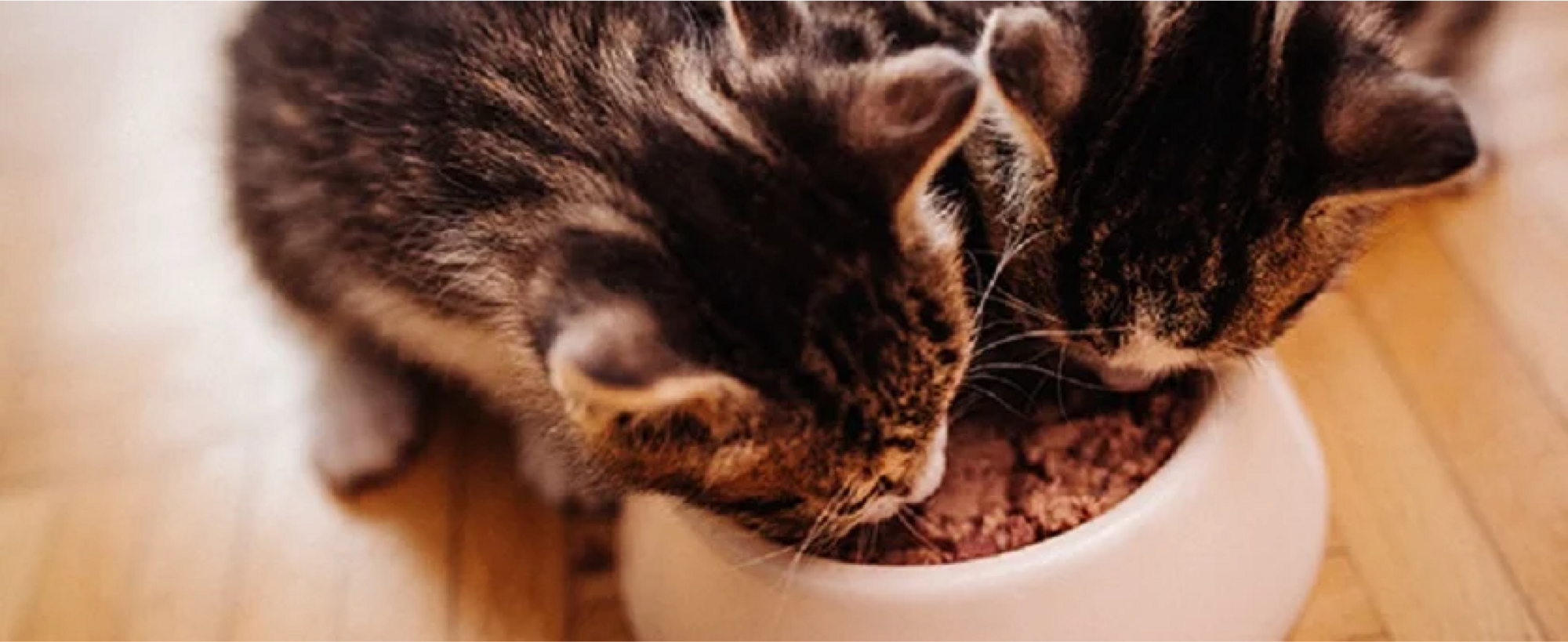
Feeding your kitten a high quality, complete and balanced diet is the best way to ensure they have the best start in life. Premium diets offer a range of benefits over cheaper, supermarket brands such as high digestibility and high quality ingredients which promote optimal growth and development. In the market today, there are great quality premium diets under both the 'science' and 'natural' categories.
'Science' based premium diets that we recommend include Advance, Hill's Science Diet and Royal Canin.
'Natural' premium diets that we recommend include Open Farm, Ivory Coat, Black Hawk, and Feline Natural.
We generally recommend feeding a gentle rotation diet, alternating between premium balanced kitten diets. A rotation diet generally just involves keeping a few different premium diets on hand - preferably different brands and different meat proteins - and alternating between them every few meals. Care needs to be taken in cats with a sensitive stomach, but most get used to it with time. Rotation diets allow exposure to different proteins, which can be beneficial for your cat's immune system long term. It also provides some variety, which helps keeep your cat interested in the food.
Wet or dry kitten food? It's ideal to feed a mixture of both dry and wet food because they both have individual benefits for your kitten. Firstly, wet food helps to keep them hydrated. Hydration is also important to help prevent medical complications later in life such as urinary crystals and kidney disease which are both common in cats. Wet food also tends to be more palatable because of its stronger aroma, which makes it a good choice for those fussy felines. Dry food is also important because the mechanical action of chewing kibble helps to keep their teeth clean. Mixed feeding from an early age will help to discourage your kitten from developing strict dietary preferences and allow you to feed a range of diets, which may be important if they need a specific diet for a health condition during their life.
Top Recommended Kitten Diets
Open Farm is a revolution in sustainably sourced, certified humane welfare standards, and holistic, premium nutrition for cats.
This premium, Australian-made kitten food is perfectly balanced to ensure optimal nutrition for growing kittens.
Feline Natural freeze dried diets are high in premium NZ meat, and made for cats of all lifestages including kittens.
With a wide array of wet and dry diets for kittens, Hills food is scientifically formulated to be balanced and complete.
~ Back to Top ~
Water
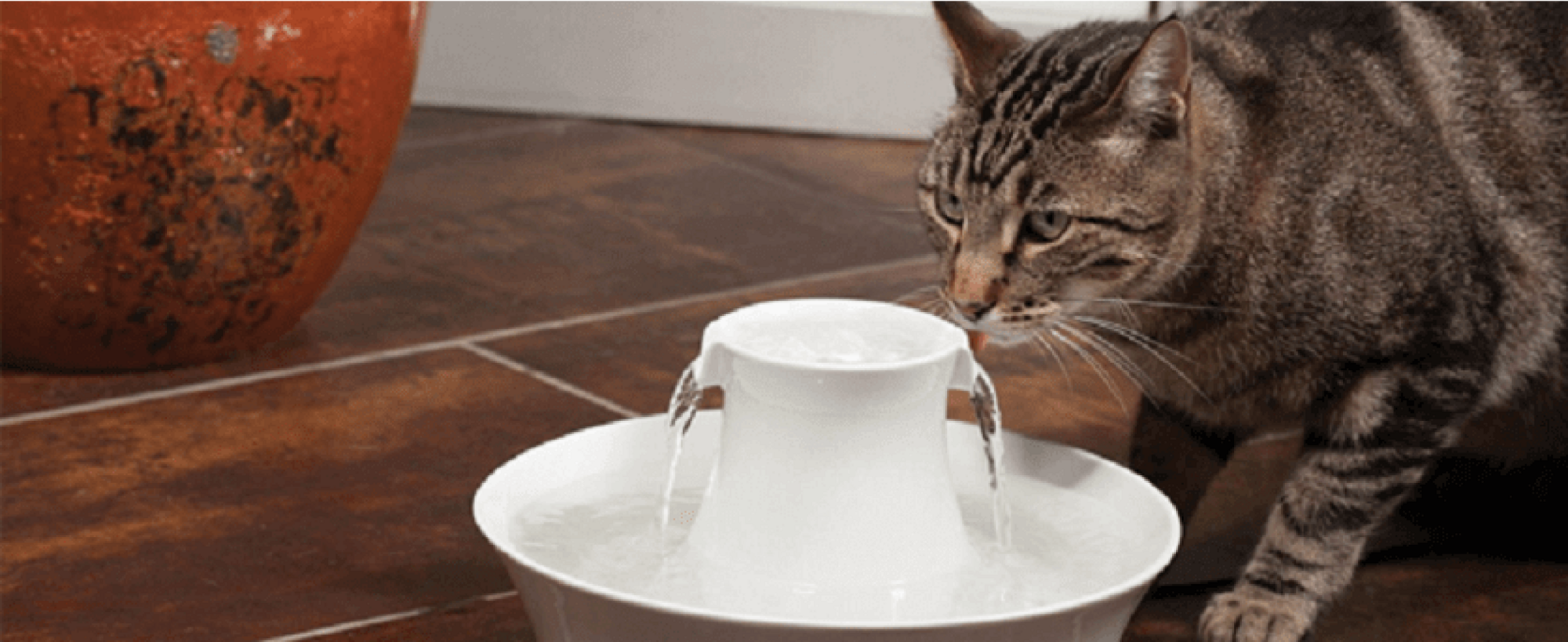
Fresh water must be supplied at all times and in a convenient location for your kitten. Provide fresh water daily with regular bowl cleans. Cats also naturally prefer to drink from running water so consider Water Fountains which are also a great way to encourage water intake in your kitten.
~ Back to Top ~
Grooming
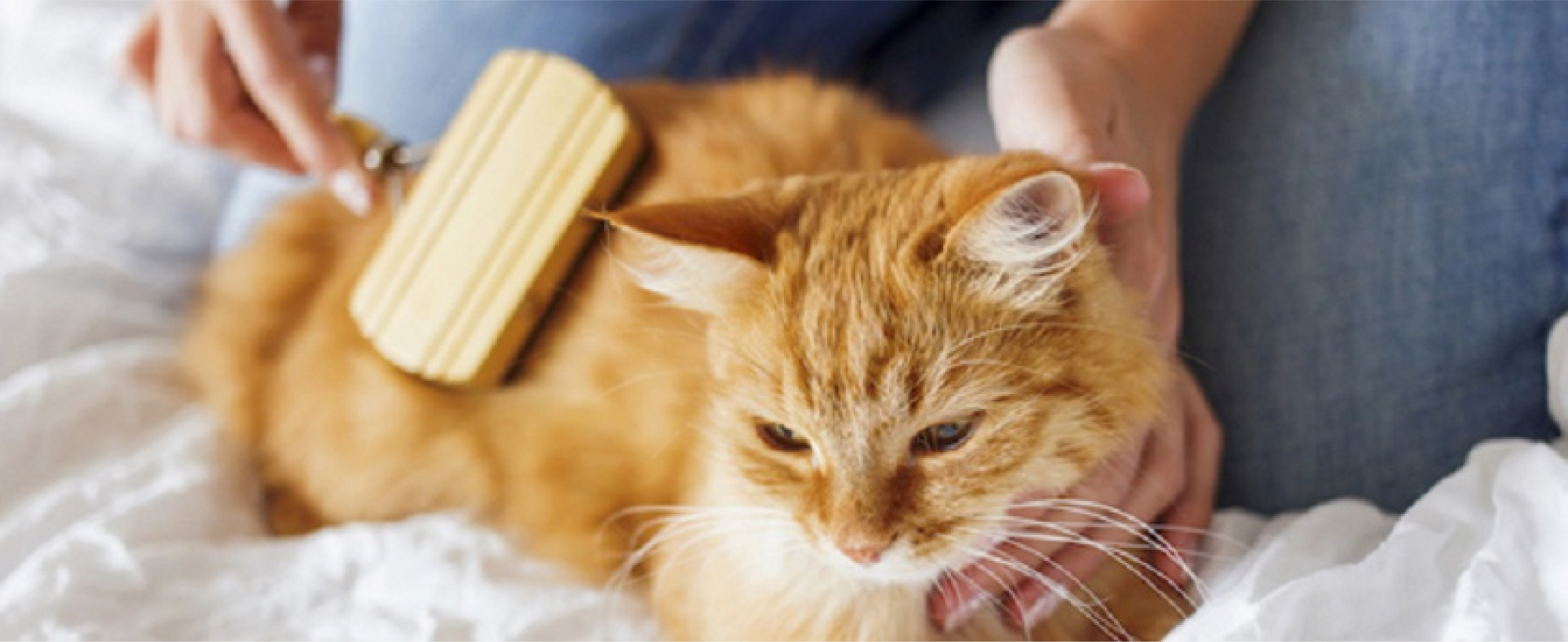
Grooming is a great way to bond with your kitten and a good habit to get into right from the start. It's also important to help reduce shedding and the development of hairballs. Start by gently using the brush for very short periods of time and gradually work up to longer grooming sessions. The requirement for grooming is dependent on the breed, with long-haired breeds such as Persians and Ragdolls requiring brushing more frequently.
Aim to groom your long-haired kitty on a daily basis with a wide tooth metal comb or deshedding tool like the Furminator. Be careful around sensitive areas like the "armpit" and inner leg and pay close attention around the ears and neck which are most prone to knots. For short-haired breeds, use a bristle brush, rubber brush or deshedding tool on a weekly basis. Always comb in the direction of the hair and then against it, to gently remove knots. Don't forget to give your kitten lots of praise or a treat when you've finished grooming so they associate grooming with a positive thing.
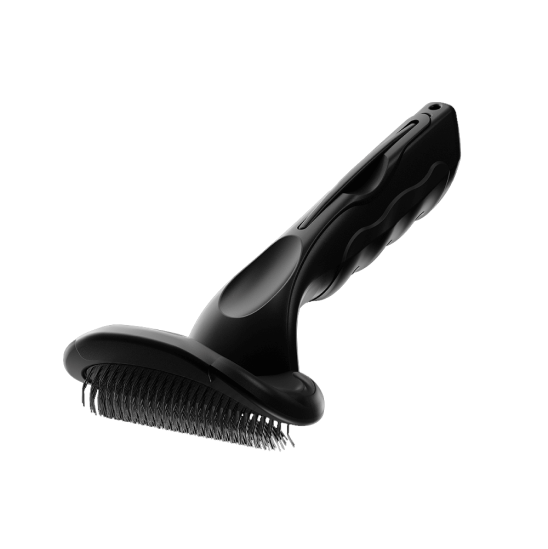
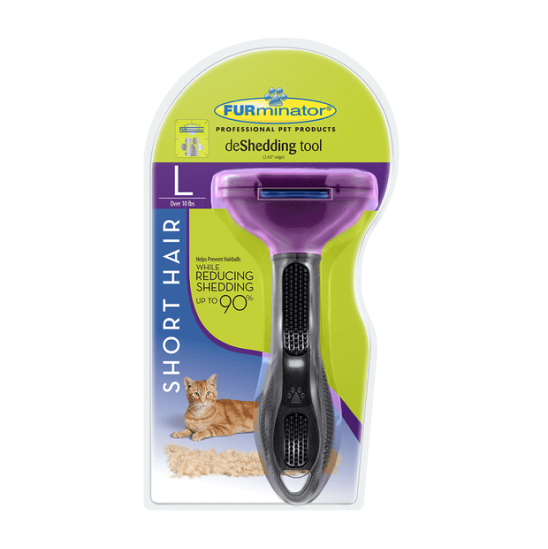
For more information on brushes and more, read our Cat Grooming Guide.
~ Back to Top ~
Discover more
